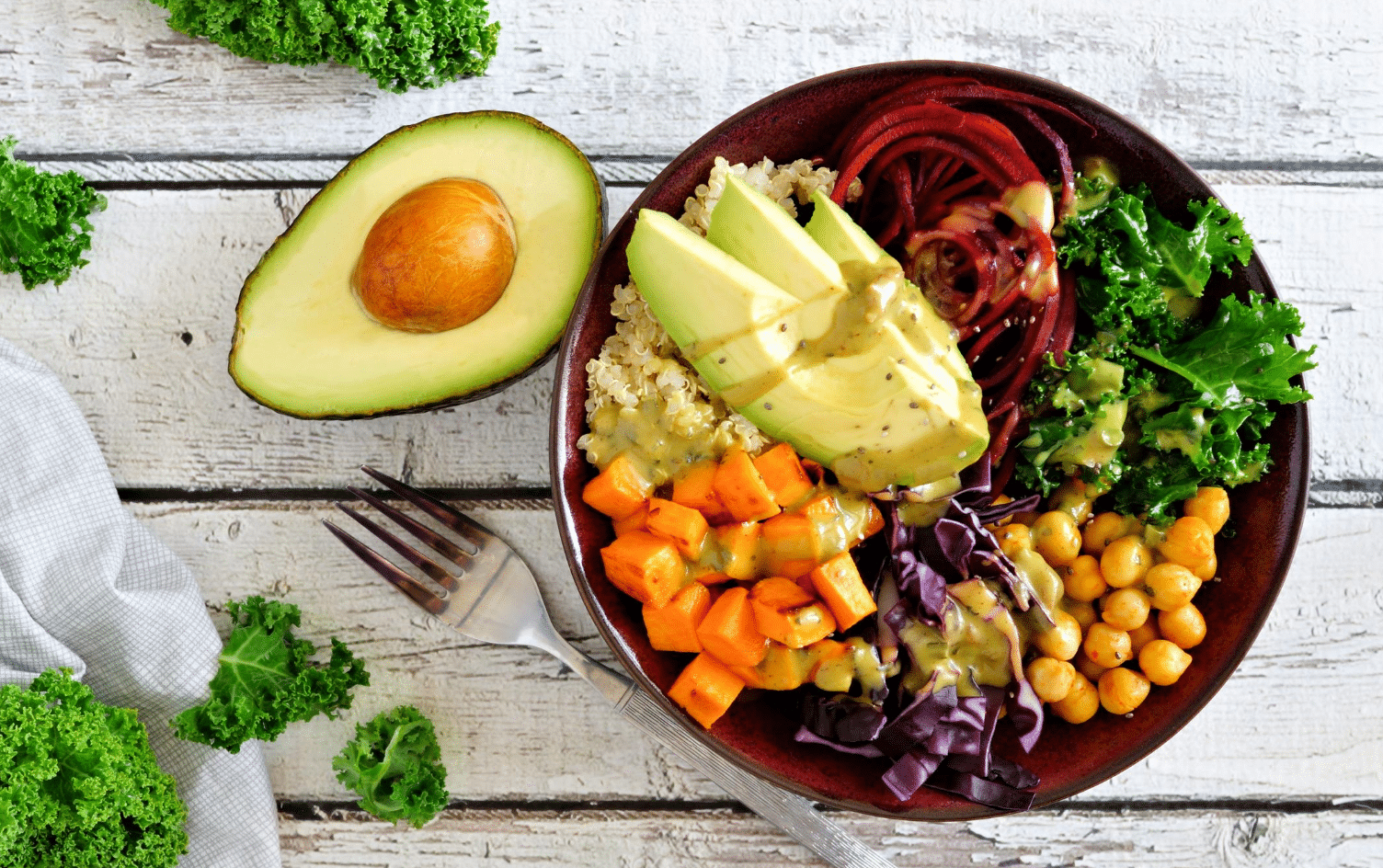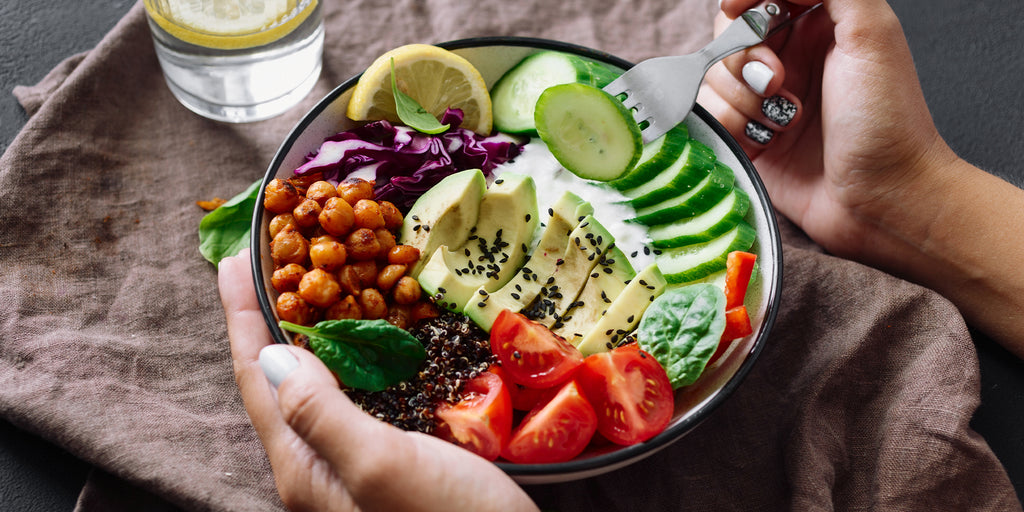How to control of your nutrition is to have a balanced diet
●Eat 5 portions of fruits and vegetable a day
●Base meals on starchy foods such as rice or pasta
●Have some dairy or dairy alternatives like soya
●Eat protein from beans, fish, eggs, meat and legumes
●Eat small amounts of unsaturated oil
●Drink plenty of fluid
| NUTRIENTS | FOCUS |
|---|---|
| 1. Protein
|
►Getting protein directly signals your muscle tissue to build and strengthen itself
►The amino acid leucine is important for regulating muscle growth ►Rich sources include meat, fish, eggs and cereal grains |
| 2. Calcium
|
►Needed to maintain health bones and reduce risk of osteoporosis
►Recommended foods include yogurt, cheese and leafy green vegetables |
| 3. Fat | ►Minimise saturated fat intake to improve heart health |
| 4. Fibre
|
►Adequate amount of fibre to keep the digestive system in working order
►Recommended foods are wholegrain, cereal/bread, porridge, brown pasta, rice and fresh fruit |
| 5. Fluid
|
►Drink water as well as hot tea and fruit juice to stay hydrated even if not thirsty |
| 6. Iron
|
►Maintain iron intake to avoid tiredness and lethargy
►Recommended to take meat, dried fruits and vegetables |
| 7. Vitamin C
|
►Needed to heal wounds and repair bones and teeth
►Antioxidant properties may help prevent heart disease and cancer ►Encourage to take much fresh fruits and vegetables |
| 8. Vitamin D
|
►Helps with calcium absorption
►Sources include oily fish, eggs, fortified cereal and exposure to sunlight |
| 9. Zinc
|
►Maintains a healthy immune system
►Recommended to take meat, shellfish, wholemeal bread and pulses (dry peas, beans, lentils and chickpeas) |


